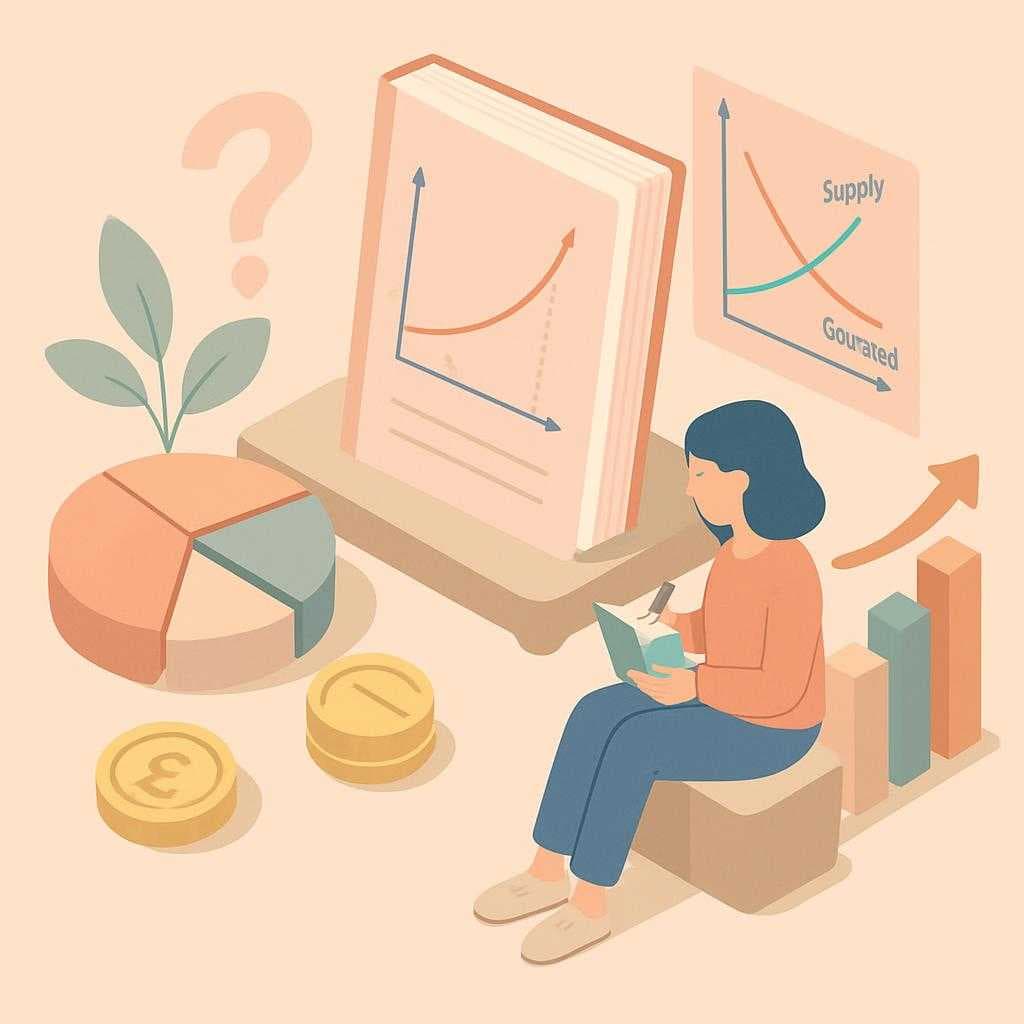Economics Simplified: A GCSE Student’s Guide to Understanding Market Failure
Summary: Struggling with the concept of market failure in your GCSE Economics? Our comprehensive guide breaks down this complex topic, helping you grasp its intricacies and excel in your exams with AQA, Edexcel, and OCR.
Studying Economics at the GCSE level can be both exciting and challenging. As you dive into the complexities of supply and demand, it's crucial to understand the concept of market failure—an essential topic in your curriculum. Whether you're preparing for exams with AQA, Edexcel, or OCR, mastering this topic is key to achieving high grades.
What is Market Failure?
Market failure occurs when the allocation of goods and services by a free market is not efficient. In simpler terms, it's when the market does not distribute resources optimally, leading to a loss of economic and social welfare. Understanding this concept is vital for students tackling GCSE Economics, as it forms the basis for analyzing various economic scenarios.
Types of Market Failure
-
Public Goods: These are goods that are non-excludable and non-rivalrous, like street lighting or national defense. The market often fails to provide these efficiently as they don't generate profit for private firms.
-
Externalities: These occur when a third party is affected by a transaction they are not involved in. For instance, pollution from a factory affecting nearby residents is a negative externality.
-
Information Asymmetry: This happens when one party in a transaction has more or better information than the other. For example, a car seller might know about defects in the vehicle that the buyer is unaware of.
-
Monopoly Power: When a single company dominates a market, it can lead to higher prices and reduced output, harming consumer interests.
How to Tackle Market Failure in Exams
-
Understand the Concepts: Start by thoroughly understanding each type of market failure and its implications. Use diagrams to visualize concepts, as they are often required in exams.
-
Apply Real-World Examples: Relate theoretical concepts to current UK economic scenarios. Discuss the monopoly power of tech giants or the externalities of the UK's carbon emissions.
-
Exam Board Specifics: Each exam board, be it AQA, Edexcel, or OCR, might emphasize different aspects of market failure. Review past papers and mark schemes to understand their requirements.
Conclusion
Grasping the concept of market failure is crucial for your GCSE Economics success. By understanding the various types, using real-world examples, and familiarizing yourself with your specific exam board's focus, you can navigate this complex topic with confidence. Keep practicing, and you'll be well-prepared to tackle any market failure question that comes your way.
Remember, consistent revision and applying these insights will not only help you understand market failure but also boost your overall performance in GCSE Economics. Good luck!
